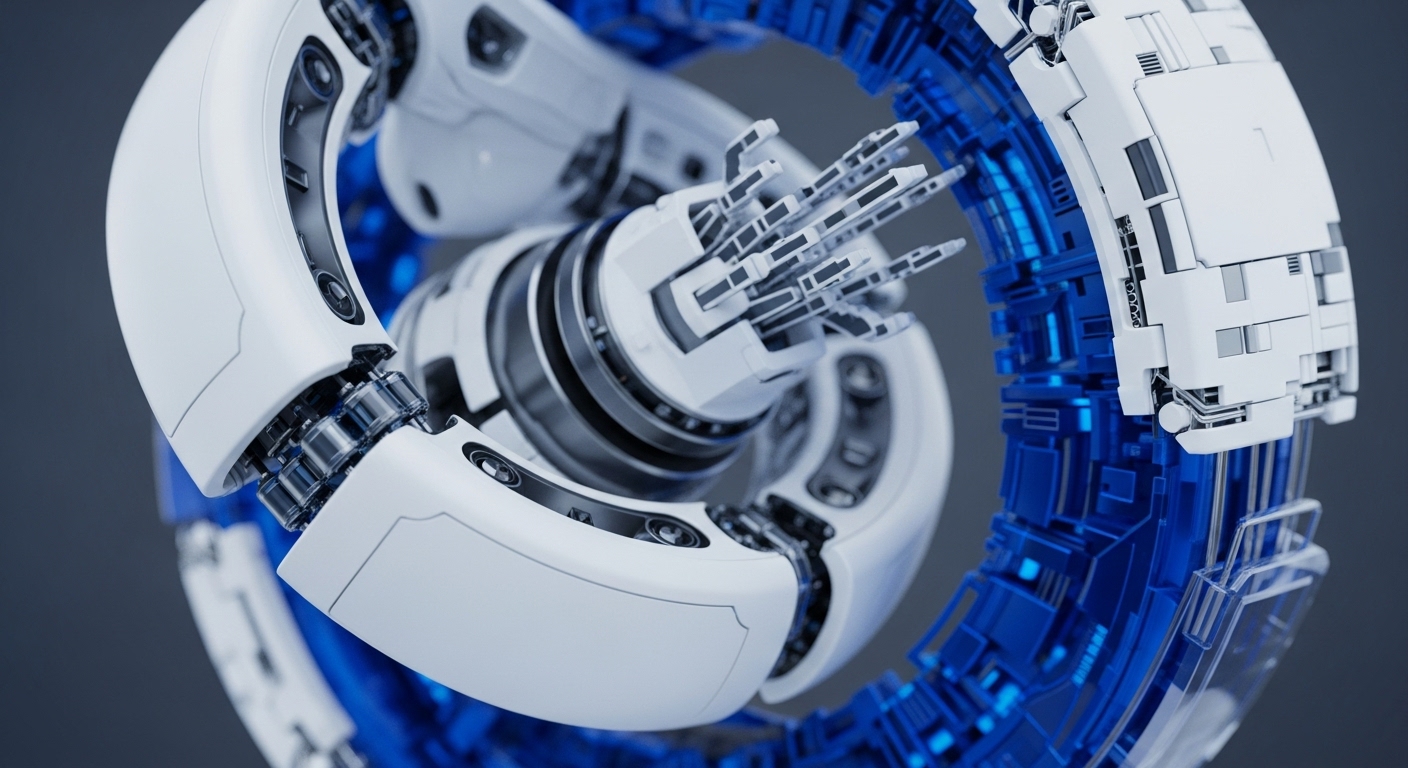
Briefing
The core research problem addressed is the lack of a comprehensive understanding of Zero-Knowledge Machine Learning (ZKML) solutions, despite growing concerns over data privacy and model security in cloud-deployed machine learning. This survey establishes a foundational breakthrough by providing the first systematic categorization of ZKML research, outlining ZKP algorithmic setups across verifiable training, inference, and testing, while also identifying implementation challenges and future directions. This foundational framework is crucial for developing robust, privacy-preserving AI systems, fostering trust in decentralized machine learning applications, and directly influencing verifiable computation within future blockchain ecosystems.

Context
Before this research, the rapid advancement of machine learning led to significant concerns regarding data privacy and model security, particularly when models operated on third-party servers due to user device limitations. While Zero-Knowledge Proof (ZKP) technology was recognized as a promising solution for validating model performance and authenticity without revealing sensitive data, a comprehensive, categorized understanding of existing ZKP-based verifiable machine learning (ZKML) efforts was notably absent, hindering systematic progress and broader adoption.

Analysis
The paper’s core idea is to systematically organize the burgeoning field of Zero-Knowledge Machine Learning (ZKML) by providing a comprehensive survey and categorization. Instead of proposing a new cryptographic primitive or algorithm, it establishes a foundational framework by dissecting existing ZKML research into three distinct algorithmic setups → verifiable training, verifiable inference, and verifiable testing. This approach differs from previous fragmented studies by offering a holistic, structured view of how ZKPs are applied to ensure data privacy and model security across the entire machine learning lifecycle, identifying common challenges and future research trajectories. It functions as a meta-analysis, creating a conceptual map for a complex, rapidly evolving domain.

Parameters
- Core Concept → Zero-Knowledge Machine Learning (ZKML)
- Key Authors → Peng, Z. et al.
- Publication Date → February 25, 2025
- Scope of Survey → June 2017 to December 2024
- Key Categories → Verifiable Training, Verifiable Inference, Verifiable Testing

Outlook
This survey paper lays critical groundwork for future advancements in privacy-preserving AI by clearly delineating the current landscape of ZKML. The identified implementation challenges, such as computational overhead and circuit complexity, point to immediate research priorities for optimizing ZKP integration in machine learning. In the next 3-5 years, this foundational understanding could unlock widespread real-world applications, including truly private medical diagnostics, secure financial fraud detection, and verifiable AI auditing in sensitive domains, fostering greater trust and enabling collaborative AI development across regulated industries. It opens new avenues for exploring more efficient ZKP constructions tailored specifically for complex machine learning operations.

Verdict
This comprehensive survey fundamentally redefines the academic understanding of Zero-Knowledge Machine Learning, establishing a critical framework for future privacy-preserving and verifiable decentralized systems.
Signal Acquired from → arxiv.org
